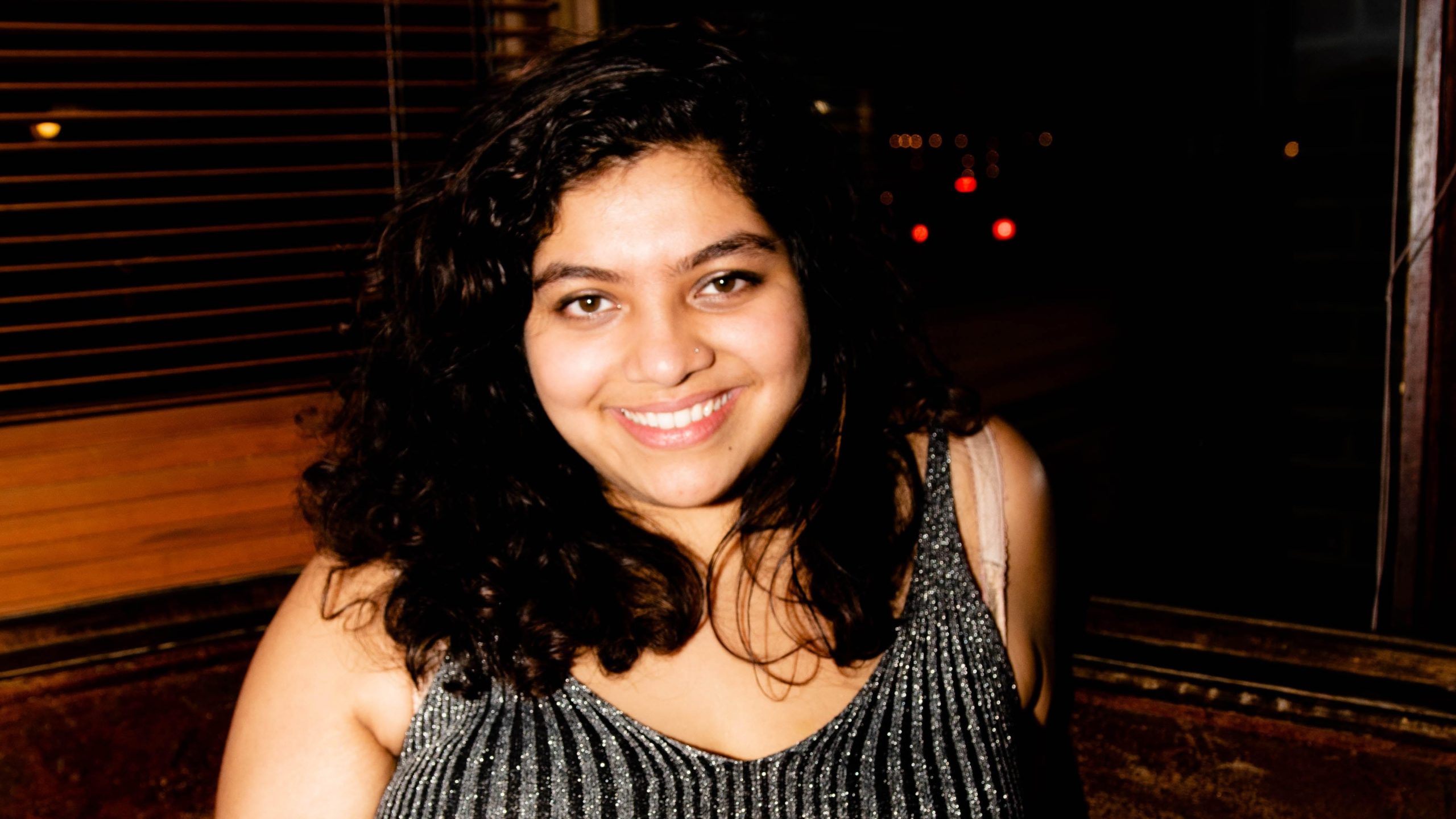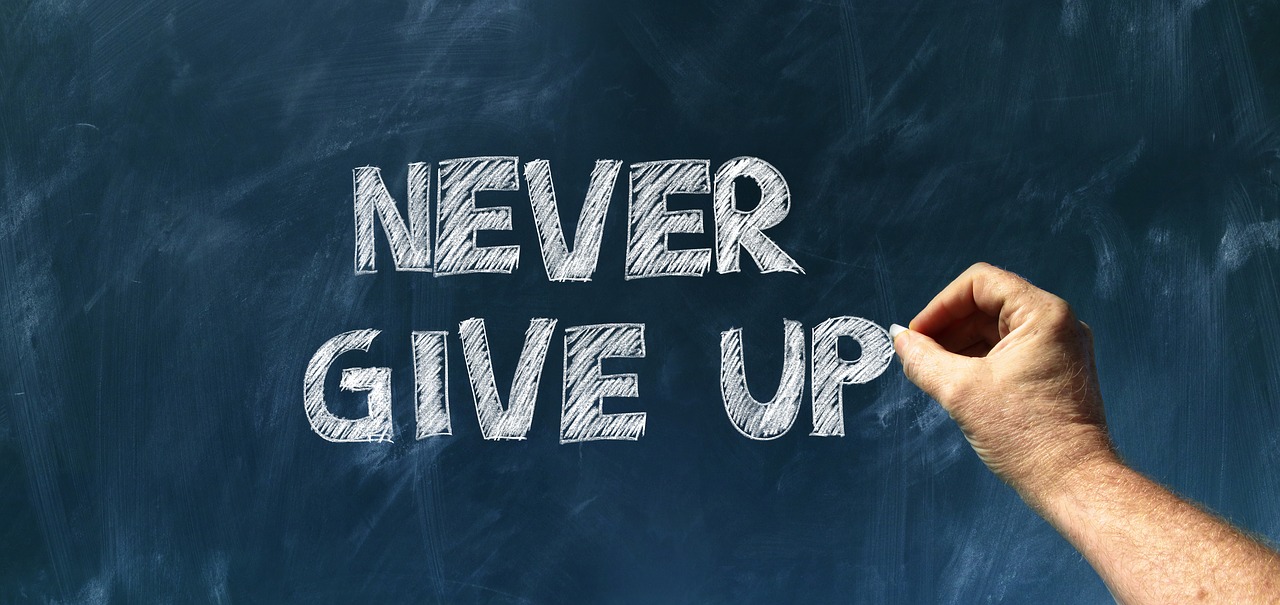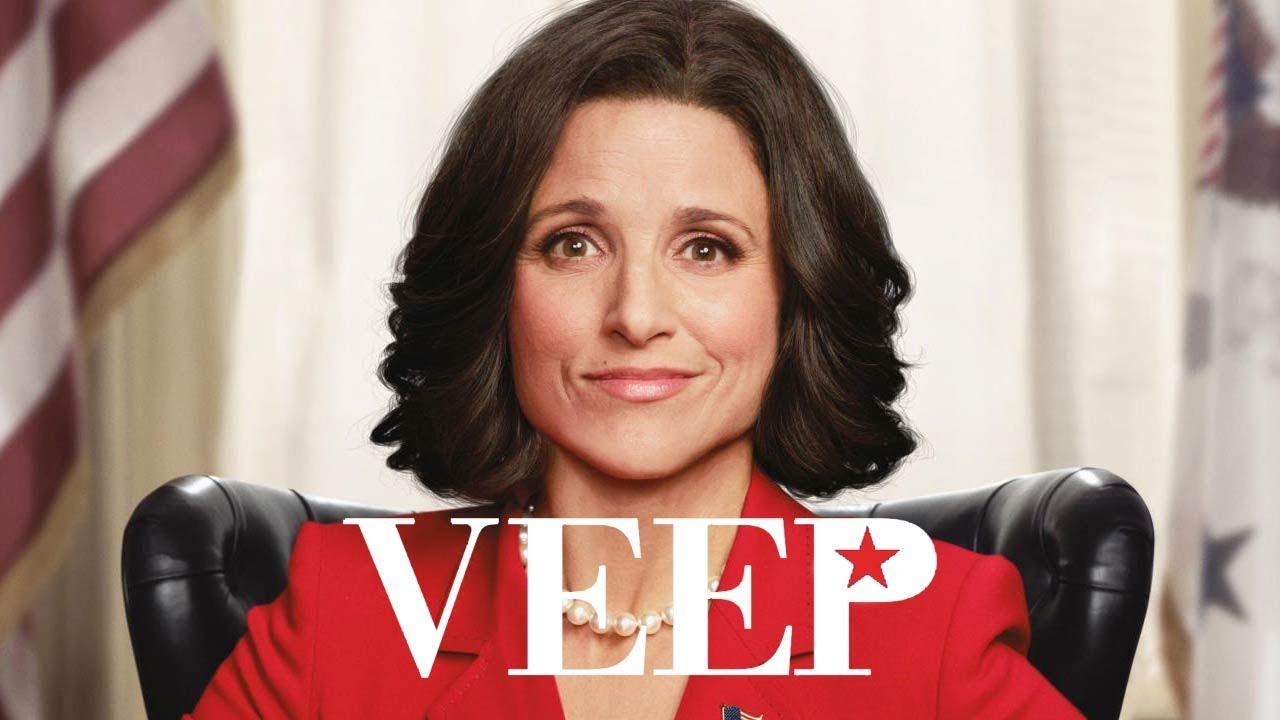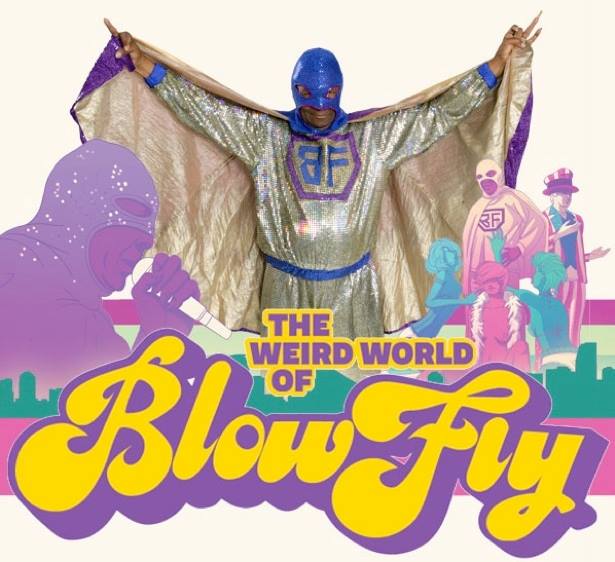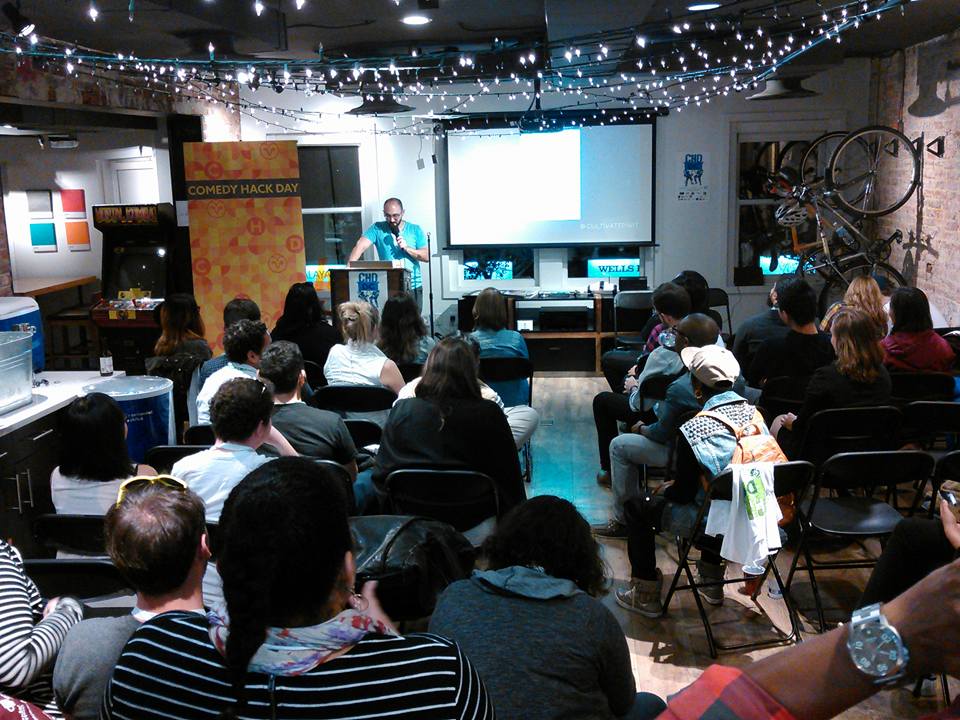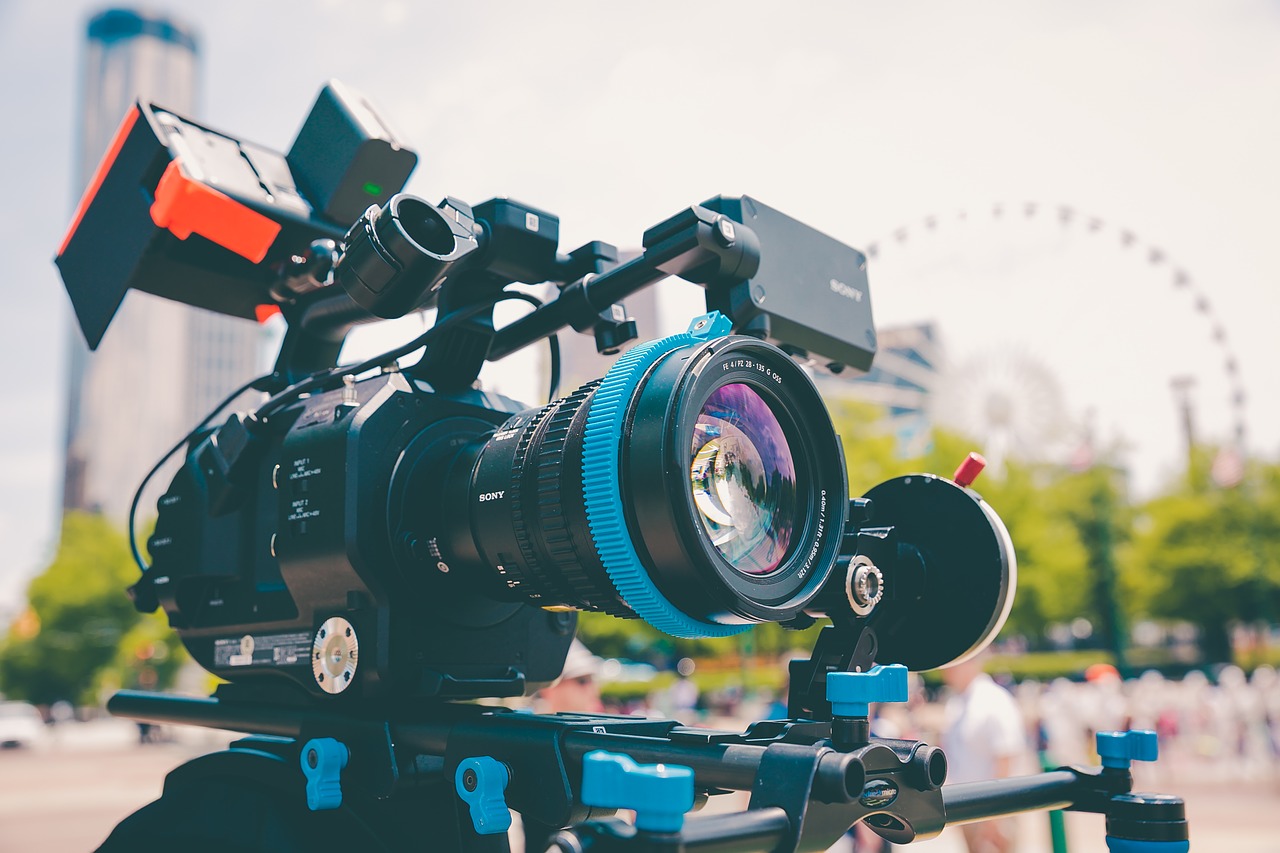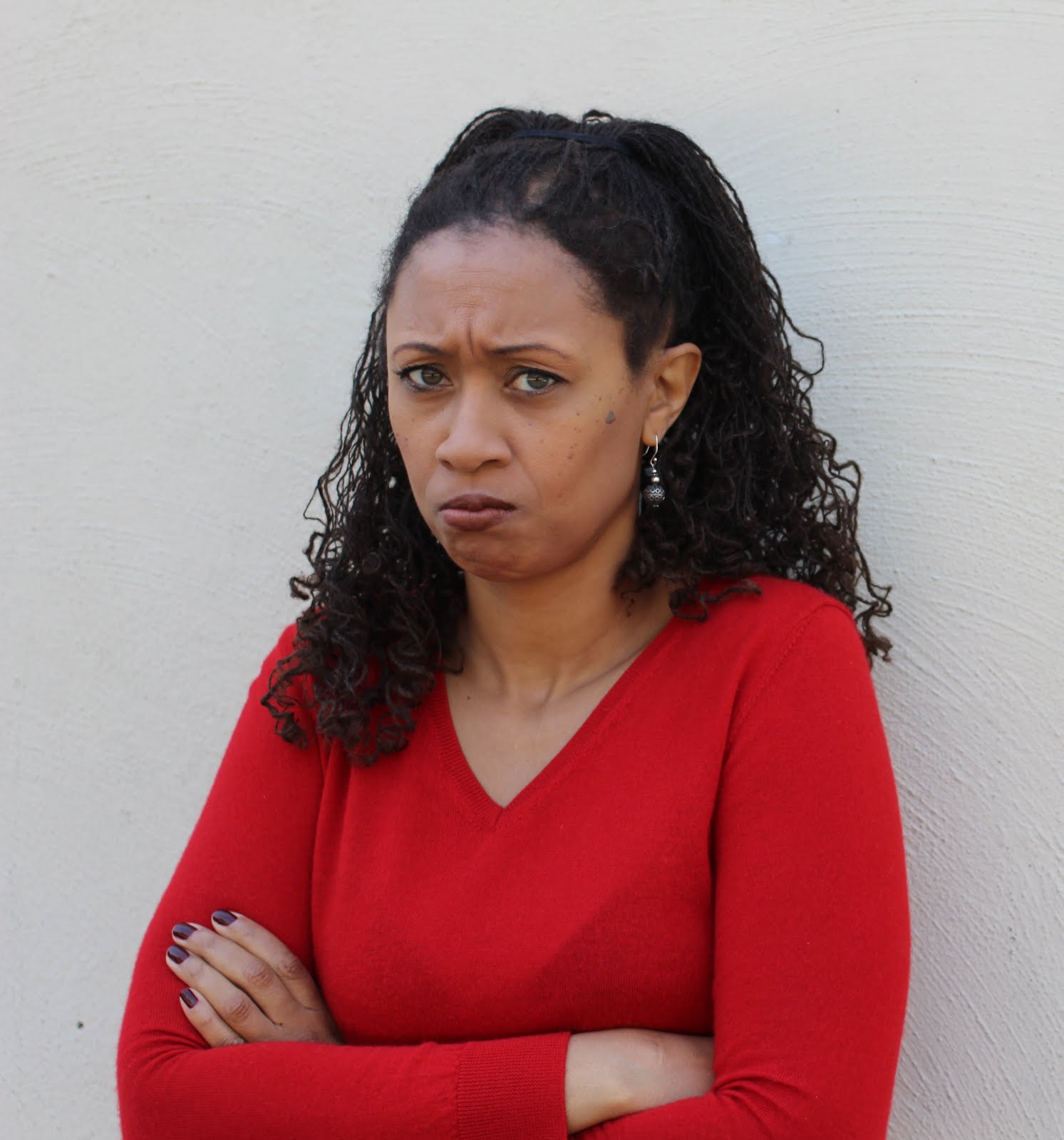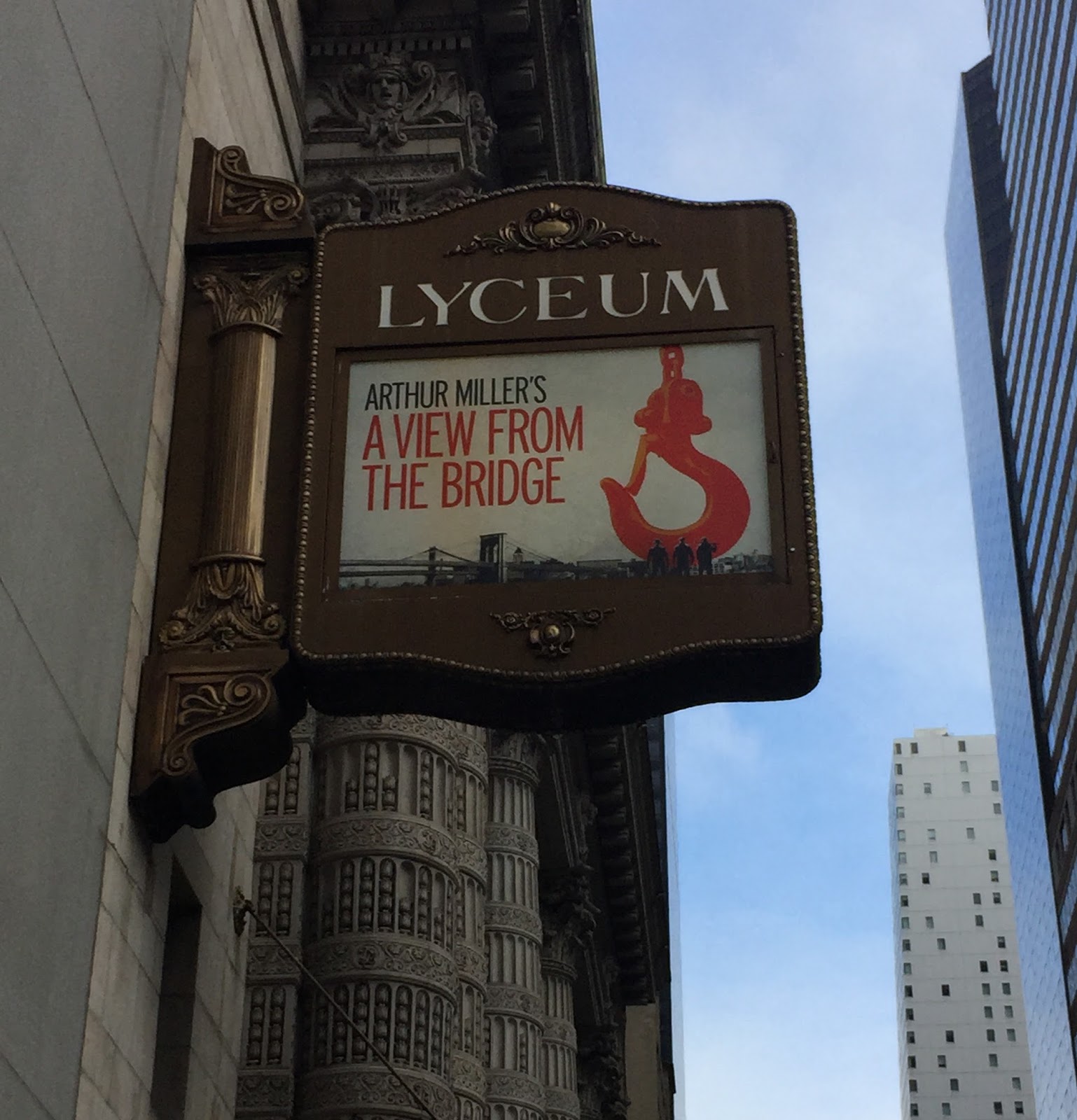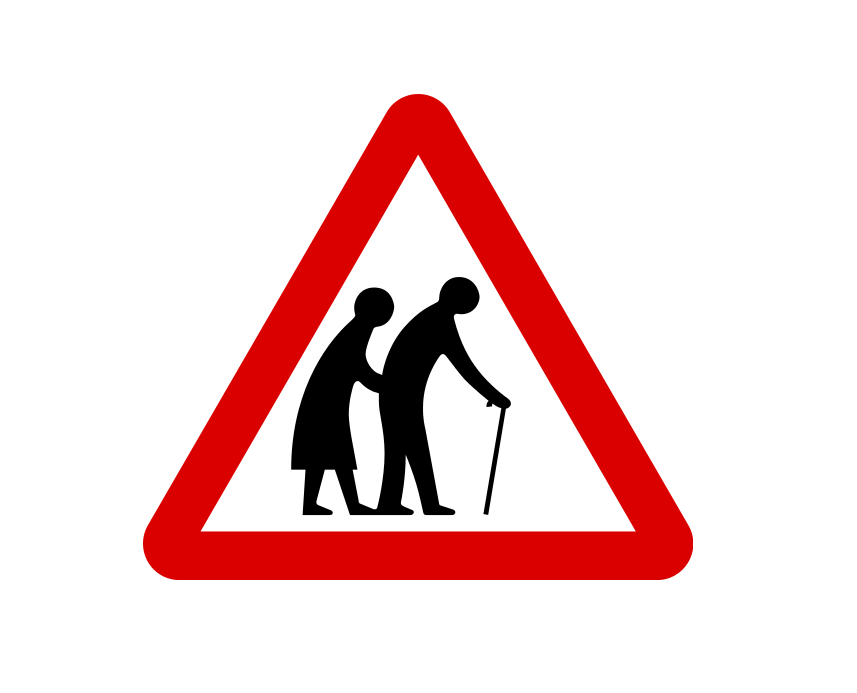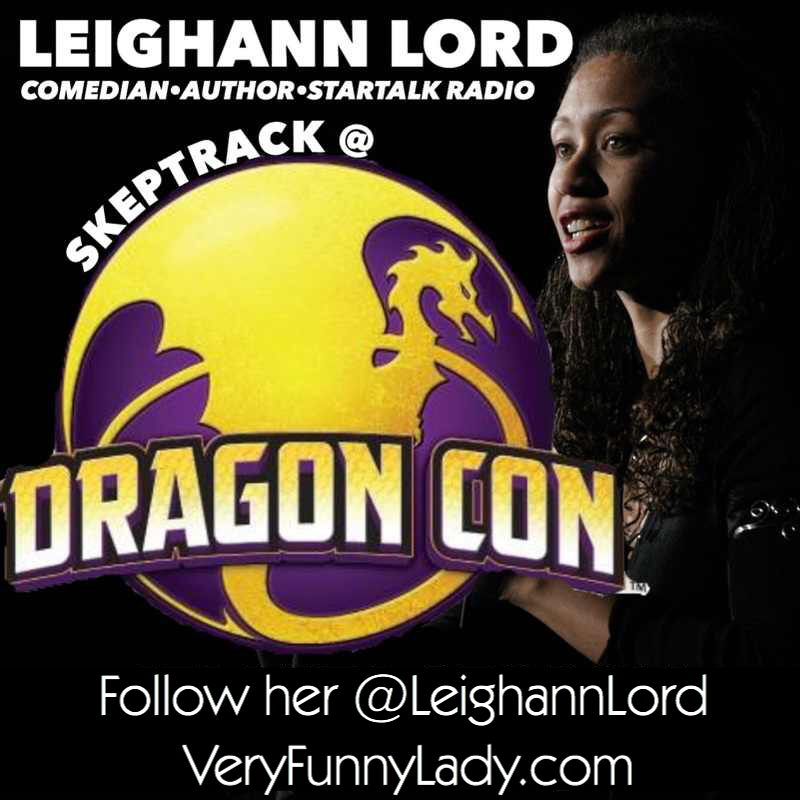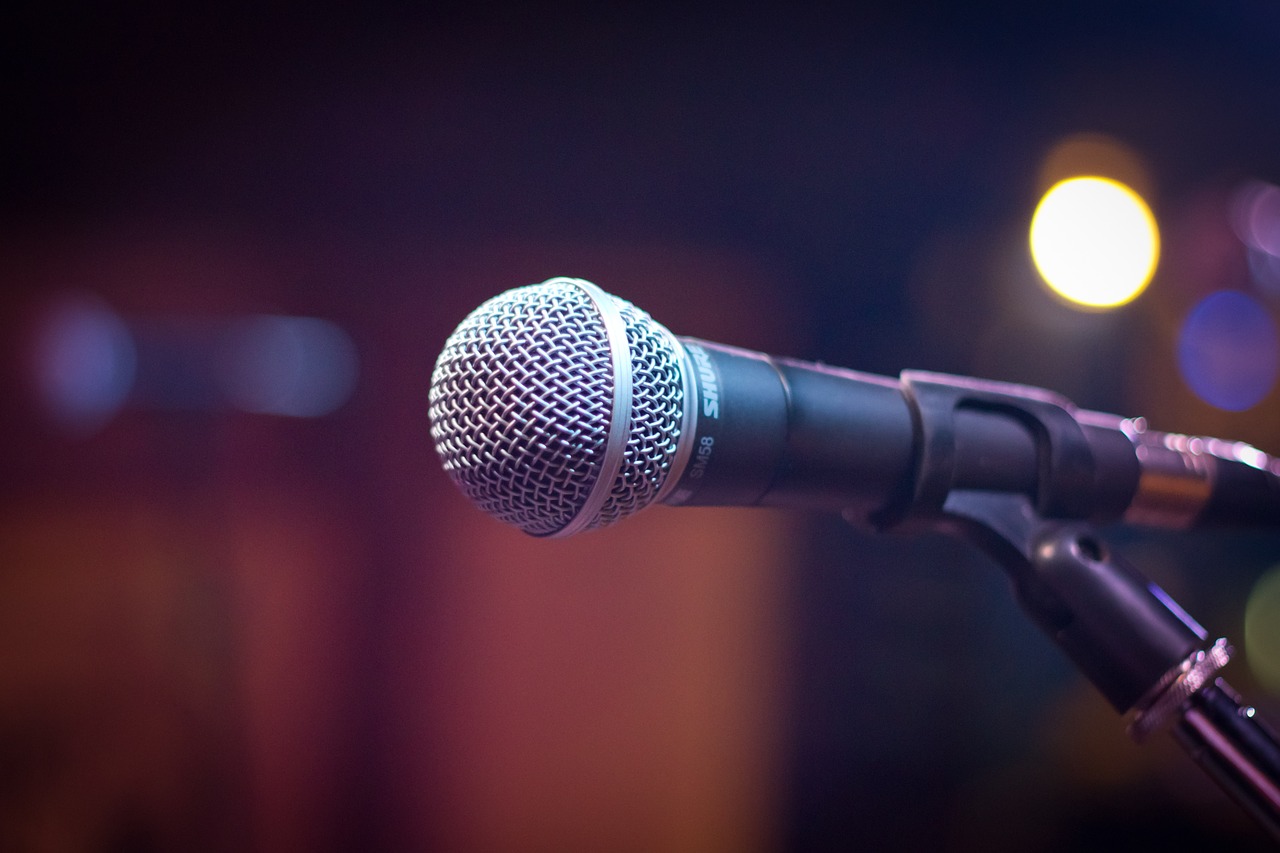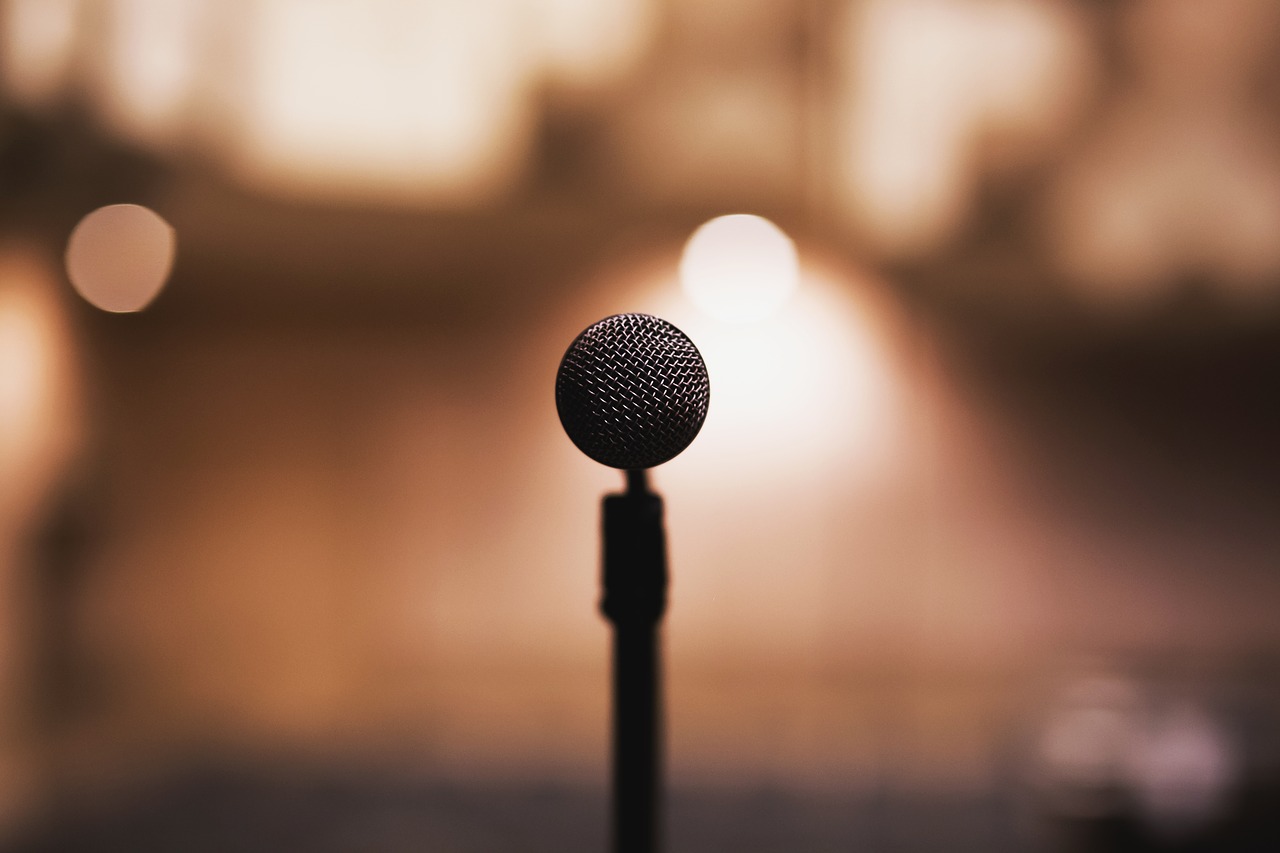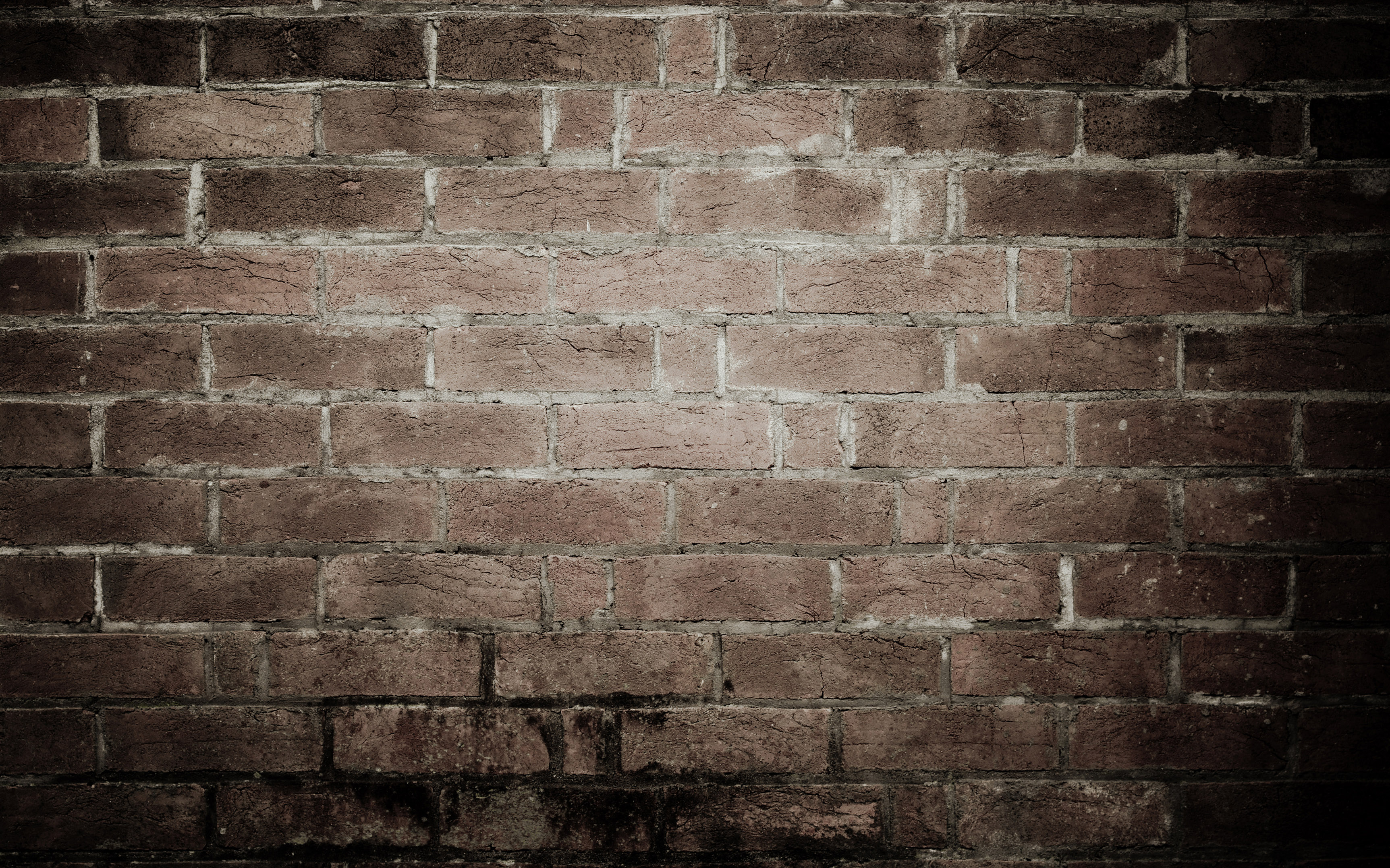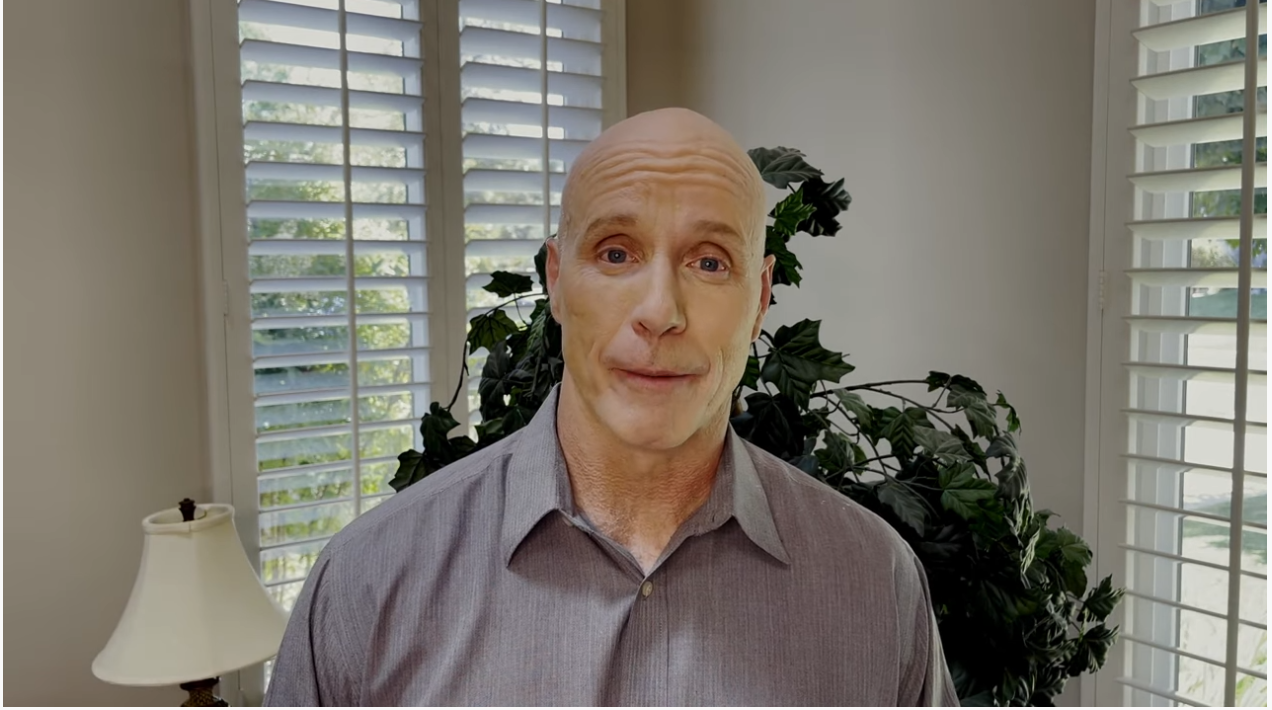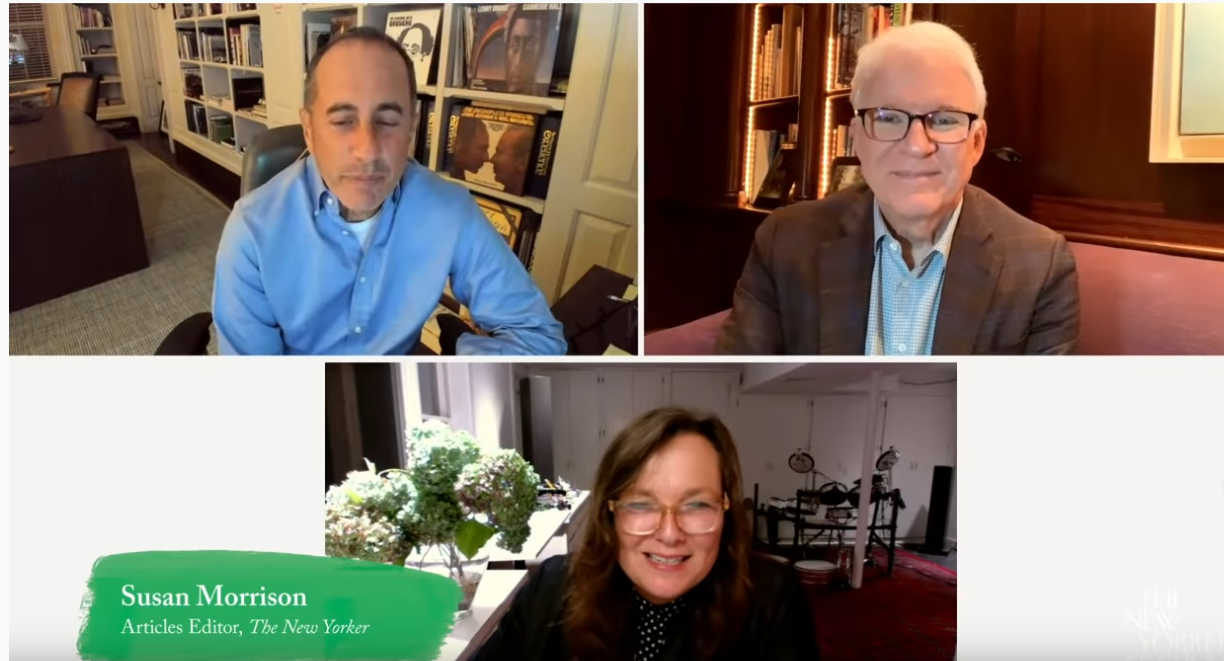 Do you remember the first time you performed at an open mic show? The excitement of bringing your friends, family, and co-workers to watch you on stage to perform stand up comedy. Even if you “ate it” on stage, it felt exciting to have that ‘built-in’ network for support. If you’re one of the brave ones, you will continue attending comedy shows and learn from other comedians. Once you get your first laugh on stage, it becomes addictive immediately. As a starting comedian, a question I asked myself was “How did these guys learn how to writing comedy material?”
Do you remember the first time you performed at an open mic show? The excitement of bringing your friends, family, and co-workers to watch you on stage to perform stand up comedy. Even if you “ate it” on stage, it felt exciting to have that ‘built-in’ network for support. If you’re one of the brave ones, you will continue attending comedy shows and learn from other comedians. Once you get your first laugh on stage, it becomes addictive immediately. As a starting comedian, a question I asked myself was “How did these guys learn how to writing comedy material?”
Some people may decide to take a comedy class to enhance their skills. There are pros & cons to taking a class (especially if you read Doug Stanhope’s venting about it), but I decided to learn more by reading books. A google search for comedy books will leave you with a mountain of data that you won’t find very helpful. I decided to ask comedians who I thought were funny which books have helped them in their comedy growth. Now this list is not the “Be All, End All” of comedy books available. I’ve read more than my share of comedy books, and it would be impossible to discuss all of them in a blog post. But I consider these books ‘My Top 5’ that I review on a regular basis.
5. Zen and the Art of Stand-Up Comedy (Theatre Arts (Routledge Hardcover)) – Jay Sankey
I recommend reading this book after performing for six months or more. If you’re still brand new to stand up, you main concern should be how to become a better writer. This book places a heavy emphasis on performance, character, delivery, set structure, and writing. Without the benefit of stage time, it becomes easy to take the knowledge in this book for granted. As Sankey mentioned, “The book will attempt to outline and discuss some of the guiding principles and fundamental ideas behind the writing and performance of stand up comedy.” This book may be difficult to find, but once you get it, you will never let it out of your sight.
4. The Comedy Bible – Judy Carter
Originally published in 2001, this book is still one of the most popular comedy writing books ever. Carter has coached thousands of today’s successful comics who began their careers with this book. The format is presented in three segments:
- Part One: Warm-Up: Is There Any Hope For You?
- Part Two: Comedy Workshops
- Part Three: Funny Money
Carter begins with helping you decide if you’re funny, continues with excellent comedy workshop exercises, and concludes with a discussion on the business of comedy. This book continues to sell successfully because the principles for developing great comedy are explained using a proven format.
3. Step by Step to Stand-Up Comedy – Greg Dean
When it’s time to understanding joke structure, developing your writing style, and learning how to present your point-of-view to an audience, Dean is a master of explaining how to learn this and more. He also discusses methods to build and memorize stronger comedy sets, the importance of rehearsal, and how to become a fearless performer. For people who are just starting out in stand up comedy, using the techniques in this book will make you a better writer and comedian.
2. The Comic Toolbox: How to Be Funny Even If You’re Not – John Vorhaus
This is not your traditional book on writing stand up material. Vorhaus will take your comedy writing in a variety of different directions. There is a focus on writing sitcoms and sketch comedy. He will teach you how to build comedy characters, and develop your own comedy perspective. You are reminded that “for every 10 jokes you attempt to write, nine will fail.” Comedy will be broken down to the bits and pieces and examined at different levels. John often mentions how “comedy is truth and pain.” Once you understand the principles behind that statement – you can apply that lesson to all forms of comedy writing.
1. Don’t Wear Shorts on Stage: The Stand-up Guide to Comedy – Rob Durham
If you’re an open mic comic wondering how to become a full time comedian, this book is for you! Rob uses his 10 years of experience to explain how to move up the ranks in a comedy career, and condensed it into six topics:
- Starting Out
- Beyond Open Mic Night
- Emcee Work
- Expanding our Career
- Becoming A Feature Act
- The Road
This became my number one recommendation for new comics because it addressed almost every question I had about performing comedy. If it was released when I started comedy (the release year was 2012), it would have prevented me from making some mistakes I learned from the comedy school of hard knocks. If it were possible to take this book into a time machine. Hot damn!
Honorable mention:
Comic Insights: The Art of Stand-Up Comedy – Franklyn Ajaye
This book was provided by my comedy mentor Clay Miles. It was the first book I ever read on performing stand up comedy. The introduction of the book provided very sound advice for new comedians. However a majority of the booked is dedicated to interviews from some great comedians and comedy club owners. Although it is one of my all time favorite books, I excluded it from the list because there was not enough material or advice on how to write comedy using exercises and examples. However, the knowledge provided from the interviews makes up for that tenfold!
© 2012 Wayne Manigo
Wayne Manigo is a comedian and co-founder of DC Comedy Writers Group. He is the creator of “Addicted to Comedy,” and the ‘brainchild’ behind the annual comedy conference, Starting Stand Up: A Comic Beginning. He also produces the show, Bellylaughs in Bethesda at Caddies at Cordell.

